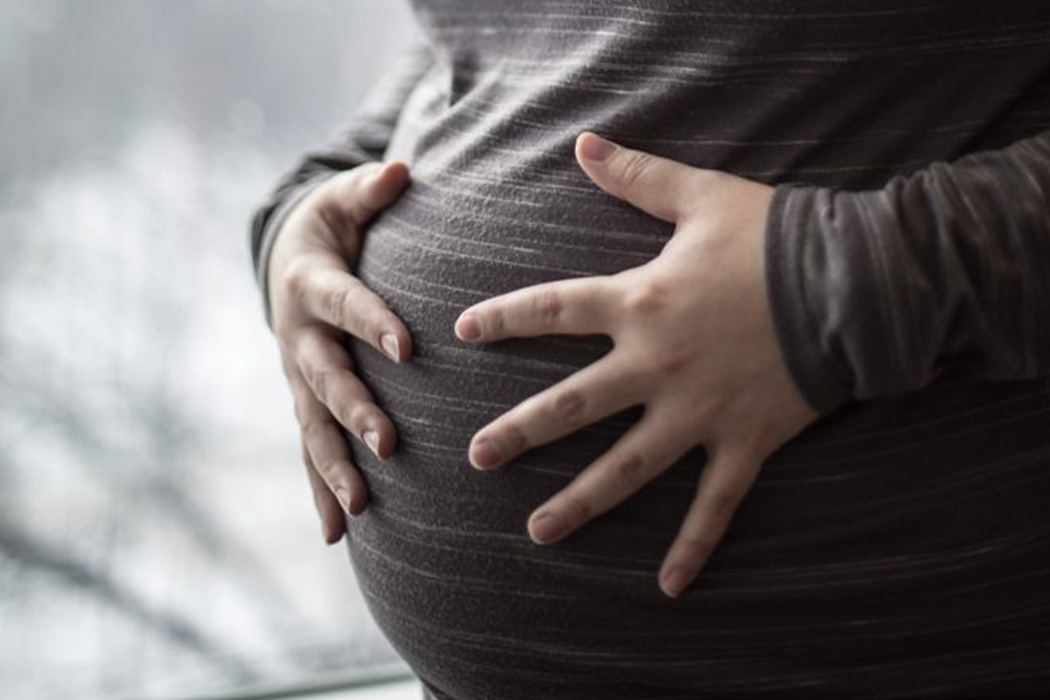
Rady researchers focus on impact of COVID-19 on gestational diabetes care
A University of Manitoba study aimed at examining the impact that the COVID-19 pandemic has had on gestational diabetes care in Canada received more than $355,000 from the Canadian Institutes of Health Research (CIHR). The grant is part of the CIHR’s Addressing the Wider Health Impacts of COVID-19 funding.

Dr. Jennifer Yamamoto
Gestational diabetes is one of the most common medical problems in pregnancy and requires treatment to lessen the risk of complications for the mother and baby, said Dr. Jennifer Yamamoto, assistant professor of internal medicine, Max Rady College of Medicine, and an investigator with the Children’s Hospital Research Institute of Manitoba. The condition occurs when there are high blood sugar levels late in pregnancy.
The study, led by Yamamoto, will look at the impact the COVID-19 pandemic has had on gestational diabetes screening, pregnancy outcomes and missed diagnoses.
“We’re really excited about receiving this funding,” Yamamoto said. “This project gives us a great opportunity to reflect on the COVID-19 pandemic and on how pregnancy care for diabetes changed. I think our results will help inform future practice management and decision making.”
The pandemic had a major impact on gestational diabetes care in Canada, Yamamoto said. Diabetes care went from in-person care to mostly done virtually. Specialized staff, such as diabetes nurses, were redeployed to COVID-19 supportive roles.
The screening test for gestational diabetes – which Diabetes Canada guidelines recommend for all pregnant individuals – involves going to a lab, having a sugary drink, waiting an hour in the lab and then having blood drawn. Pregnant individuals and obstetric-care providers voiced concerns during the pandemic about the risk of getting COVID-19 while doing the test, Yamamoto said, and new guidelines were developed.
The research team wants to know if the guidelines caused harm or if they were safe. The researchers will look at if they can use a hybrid model for virtual care of gestational diabetes in the future. They also want to find out if there were poorer pregnancy outcomes.

Dr. Christy Pylypjuk
“As we’re not out of COVID yet, better understanding how the modifications to prenatal care and diabetes screening impacted families is important,” said Dr. Christy Pylypjuk, assistant professor of obstetrics, gynecology and reproductive sciences, Max Rady College of Medicine, and a co-investigator on the study. “The lessons we learn from diabetes and the pandemic can actually apply to other medical complications in pregnancy like hypertension, which is also a common pregnancy complication for patients with diabetes.”
The study is a collaboration between UM, the University of Toronto and the University of Calgary. The team will conduct a population-based study of pregnant individuals in Alberta, Manitoba and Ontario.
“We can use the pandemic to learn not just what happened during it, but different models of care, like virtual care,” Yamamoto said. “We want to find out if we used virtual care safely and effectively. If we find out we didn’t do as well, and outcomes weren’t as good, then maybe it’s a model we need to readdress and how it might fit in the future.”






